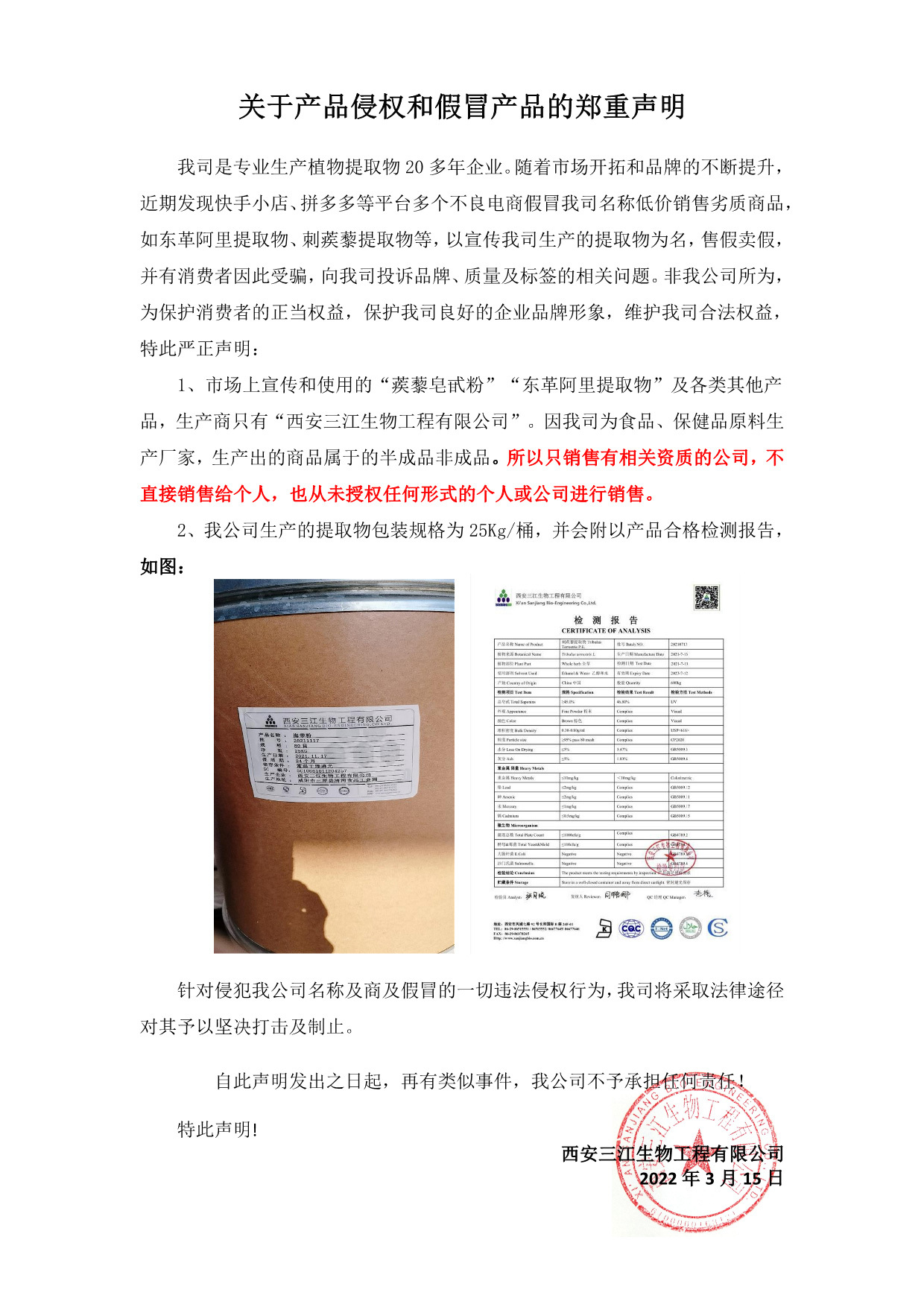Mexico uses pine nuts to extract biodiesel
2018-05-10
The Mexican Ministry of Agriculture issued a statement stating that a research team consisting of 70 people selected by the Mexican National Institute of Forests, Agriculture, and Livestock has been committed to actively developing bioenergy, striving to make the raw materials for extracting biofuels more diverse and diverse.
The Mexican Ministry of Agriculture issued a statement stating that a research team consisting of 70 people selected by the Mexican National Institute of Forests, Agriculture, and Livestock has been committed to actively developing bioenergy, striving to make the raw materials for extracting biofuels more diverse and diverse.
Researchers have pointed out that pine nuts have high oil yield, good quality, do not occupy agricultural resources, and do not affect grain production. They are ideal raw materials for producing biodiesel and mixed diesel. This achievement will effectively reduce greenhouse gas emissions such as carbon dioxide.
At present, the most common biofuels in Latin America are mainly divided into two types, namely bioethanol based on sugarcane and corn cob, and biodiesel based on oil crop extracts.
Mexico has always been one of the countries with the most severe air pollution in Latin America. In recent years, the government of the country has attached great importance to the development and utilization of clean energy, especially by leveraging its vast territory and abundant resources to extract biodiesel from various oil crops such as soybeans, palm, and castor.
The Mexican Congress has passed a special amendment to the Biofuel Promotion Act, which expands the types of raw materials for biofuels from corn and sugarcane to organic materials produced in any industry such as agriculture, forestry, animal husbandry, and fishing, as well as industrial and agricultural waste and plant fibers.
Researchers have pointed out that pine nuts have high oil yield, good quality, do not occupy agricultural resources, and do not affect grain production. They are ideal raw materials for producing biodiesel and mixed diesel. This achievement will effectively reduce greenhouse gas emissions such as carbon dioxide.
At present, the most common biofuels in Latin America are mainly divided into two types, namely bioethanol based on sugarcane and corn cob, and biodiesel based on oil crop extracts.
Mexico has always been one of the countries with the most severe air pollution in Latin America. In recent years, the government of the country has attached great importance to the development and utilization of clean energy, especially by leveraging its vast territory and abundant resources to extract biodiesel from various oil crops such as soybeans, palm, and castor.
The Mexican Congress has passed a special amendment to the Biofuel Promotion Act, which expands the types of raw materials for biofuels from corn and sugarcane to organic materials produced in any industry such as agriculture, forestry, animal husbandry, and fishing, as well as industrial and agricultural waste and plant fibers.
RELATED INFORMATION





